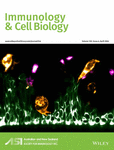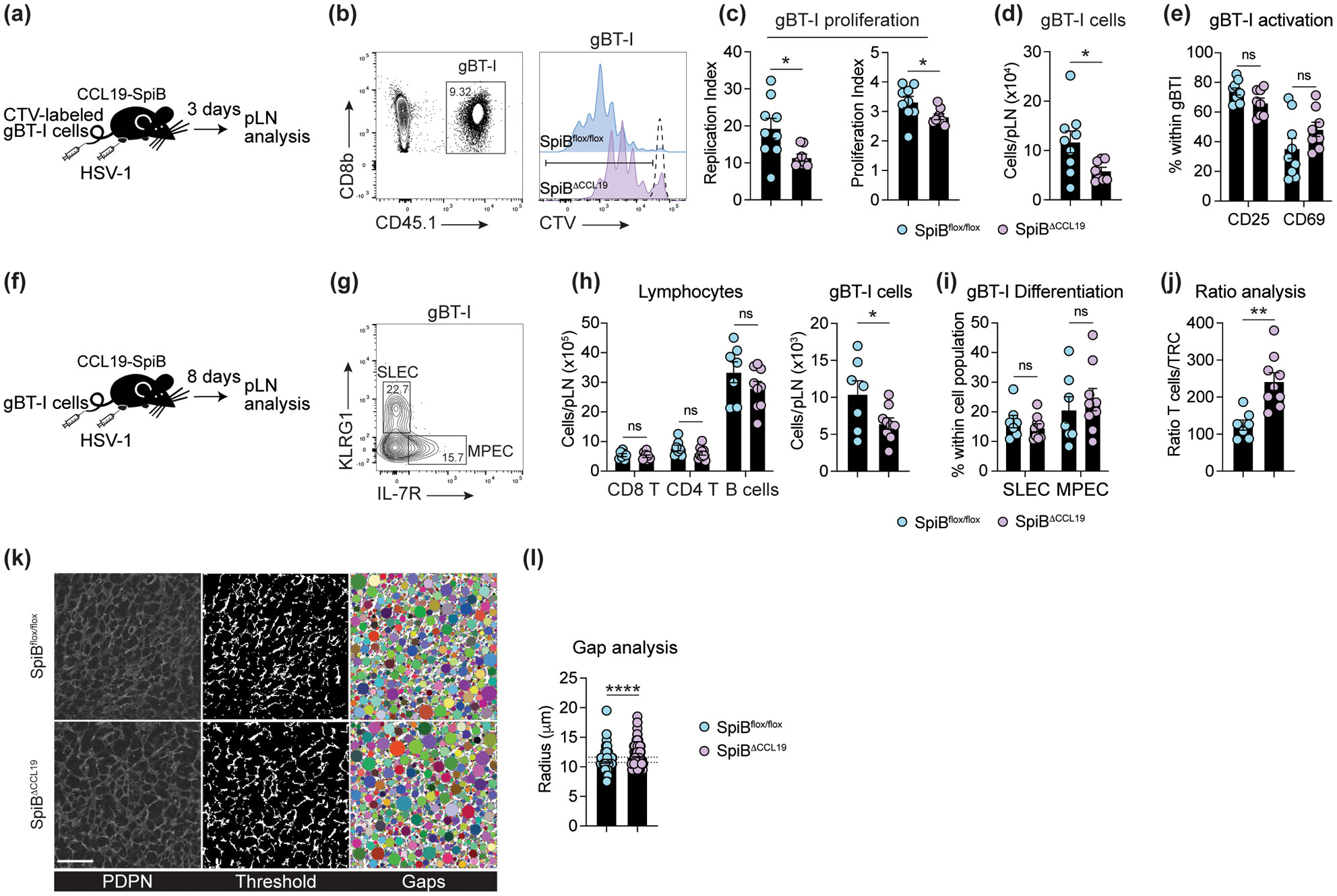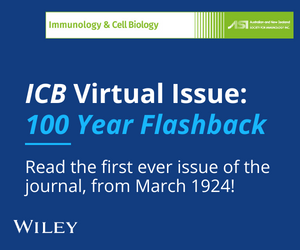Journal list menu
Export Citations
Download PDFs
Issue Information
Research Highlight
Immunology Futures
Immunology Hubs
Bridging the gap between scientific discoveries and clinical application at the Utrecht Science Park
- Pages: 232-234
- First Published: 06 December 2023
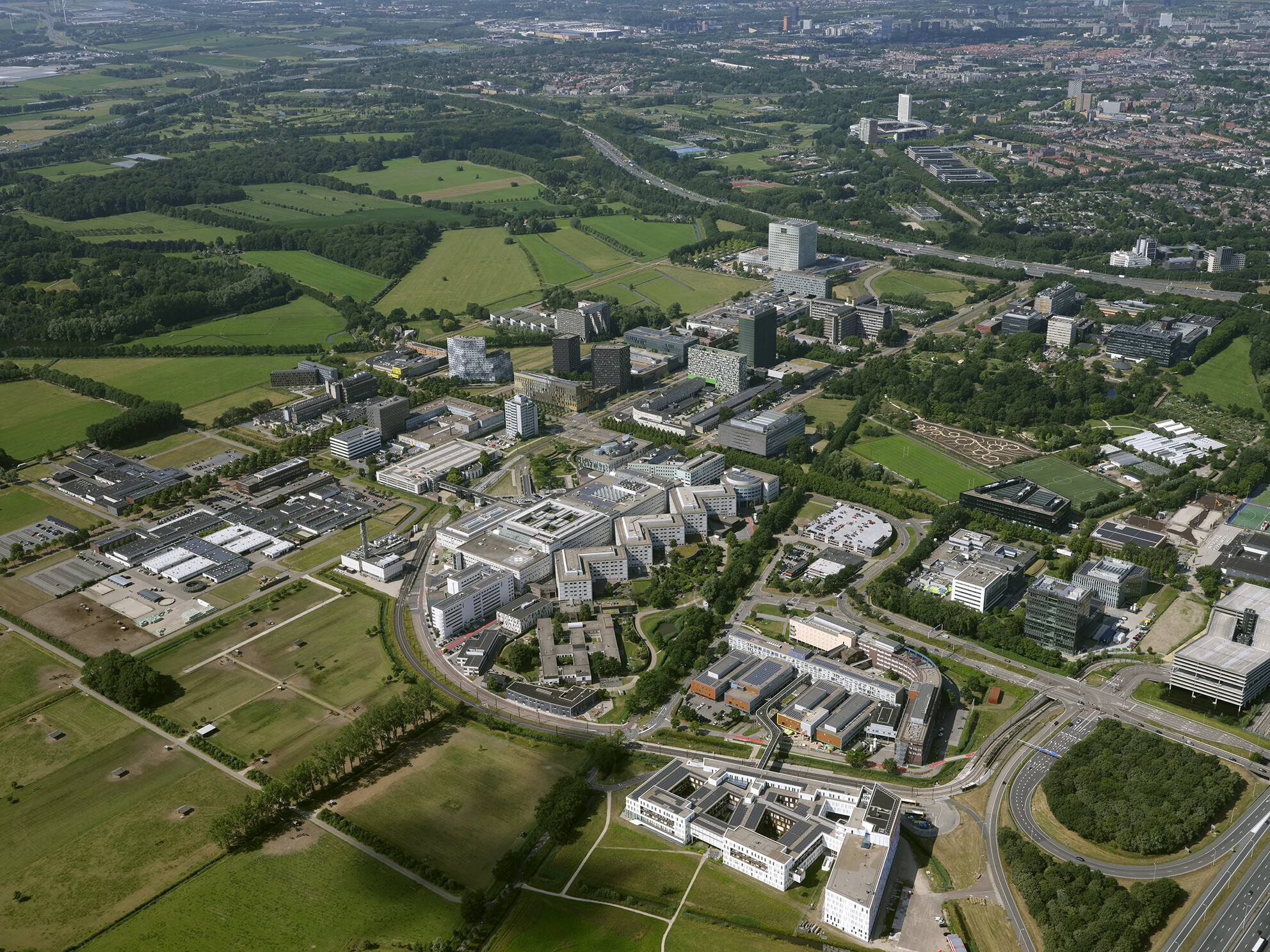
Associate Professor Victor Peperzak is a group leader in the Center for Translational Immunology at the University Medical Center (UMC) Utrecht, the Netherlands. Here, Jonathan Coquet sat down with Victor to discuss his scientific journey, his experience in several research environments in the Netherlands and how life is at UMC Utrecht. The image shows the Utrecht Science Park, which is home to the Center for Translational Immunology and is a hub for innovative cancer research in the Netherlands. Photo Credit: Irvin van Hemert.
Immunology across two islands: understanding the research landscape of Aotearoa (New Zealand)
- Pages: 235-239
- First Published: 03 November 2023

New Zealand's unique landscape in immunology research, spanning its two main islands, is characterized by vibrant collaboration between institutions such as the University of Otago and the Malaghan Institute of Medical Research. This article features discussions with Associate Professor Joanna Kirman and Dr Robert Weinkove about their international collaborations, New Zealand's emphasis on translational research, and the incorporation of Māori culture into all aspects of scientific research and clinical practise. Photo Credit: Joanna R Kirman.
Original Articles
Therapy-induced senescent cancer cells exhibit complement activation and increased complement regulatory protein expression
- Pages: 240-255
- First Published: 24 January 2024
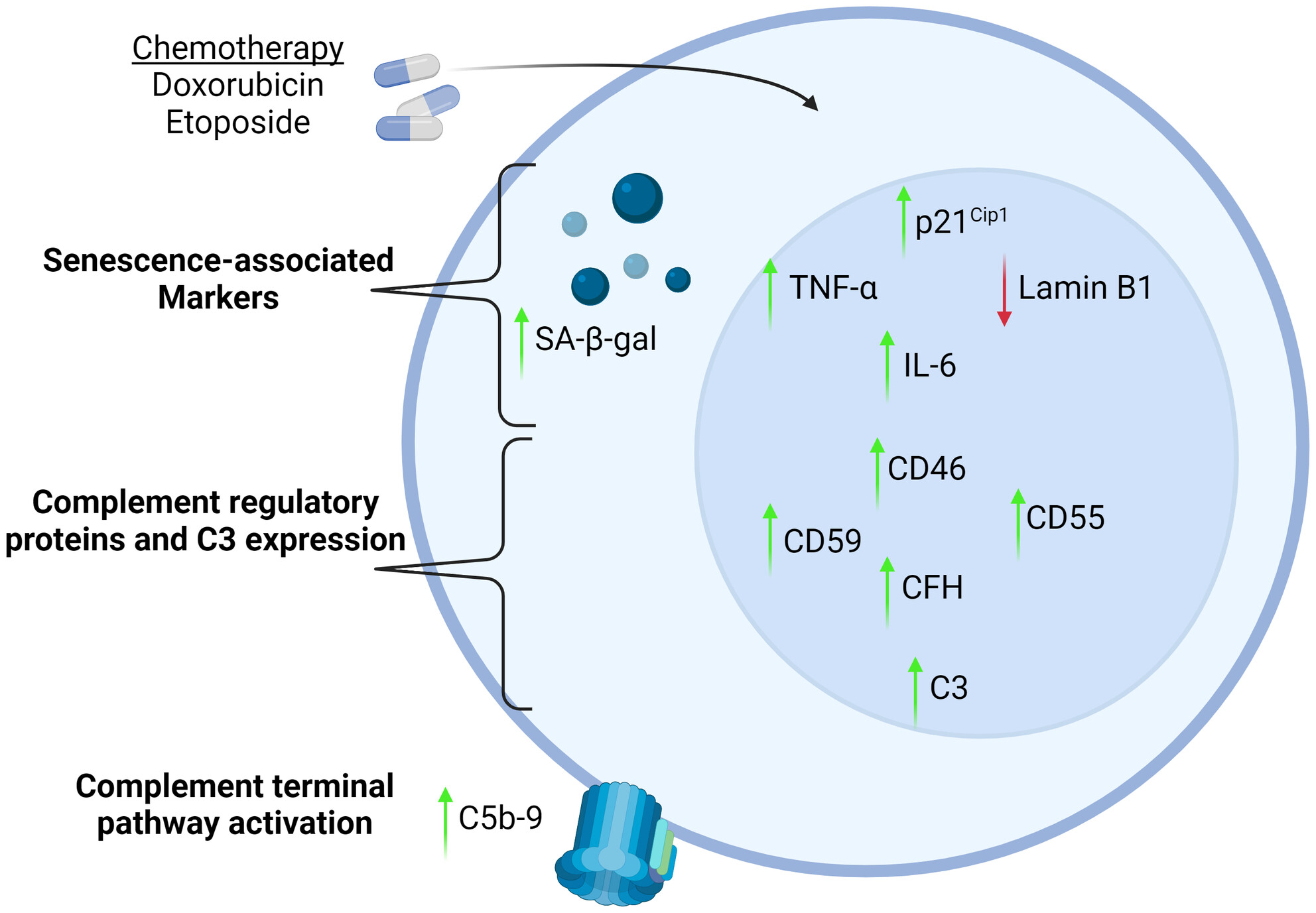
In this work, we found that therapy-induced senescence (TIS) was associated with the activation of the terminal complement pathway evidenced by the increased tumor cell formation of C5b-9 and upregulation of complement regulatory proteins, especially CD59 and complement factor H. TIS was also associated with increased expression and secretion of C3.
CD14−CD10−CD45+HLA-DR−SSC+ neutrophils may be granulocytic myeloid-derived suppressor cell–like cells and relate to disease progression in non-Hodgkin's lymphoma patients
- Pages: 256-268
- First Published: 15 February 2024
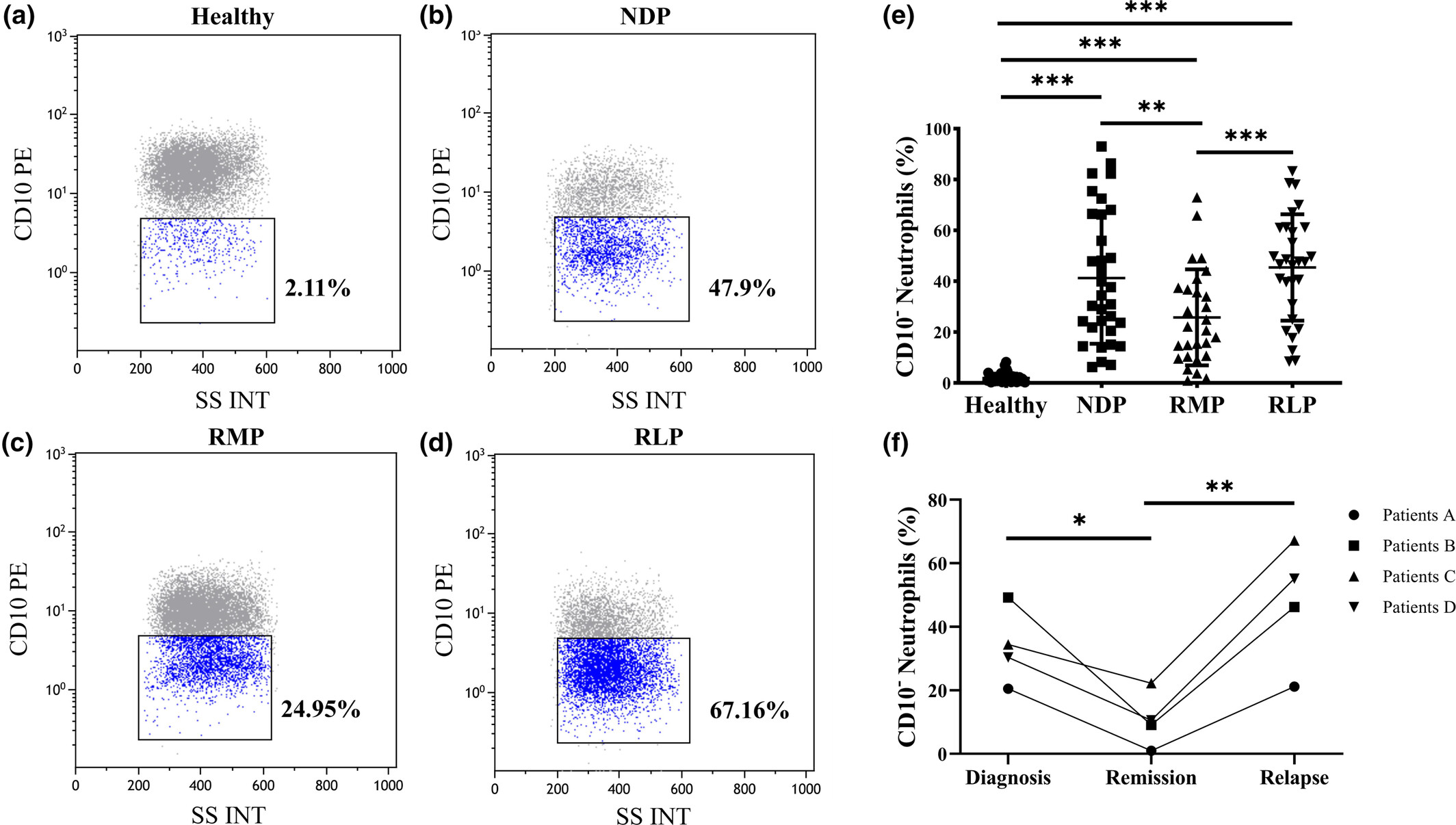
Our work demonstrates that the CD10− neutrophils in patients with non-Hodgkin's lymphoma are a relatively uniform, myeloid-derived suppressor cell–like cells subset with T-cell-suppressive capacities and immature features. Importantly, the frequency of CD10− neutrophils is associated with disease development and progression.
The transcription factor SpiB regulates the fibroblastic reticular cell network and CD8+ T-cell responses in lymph nodes
- Pages: 269-279
- First Published: 05 March 2024
Short Communication
NK cell profiling in West Nile virus encephalitis reveals potential metabolic basis for functional inhibition
- Pages: 280-291
- First Published: 29 February 2024
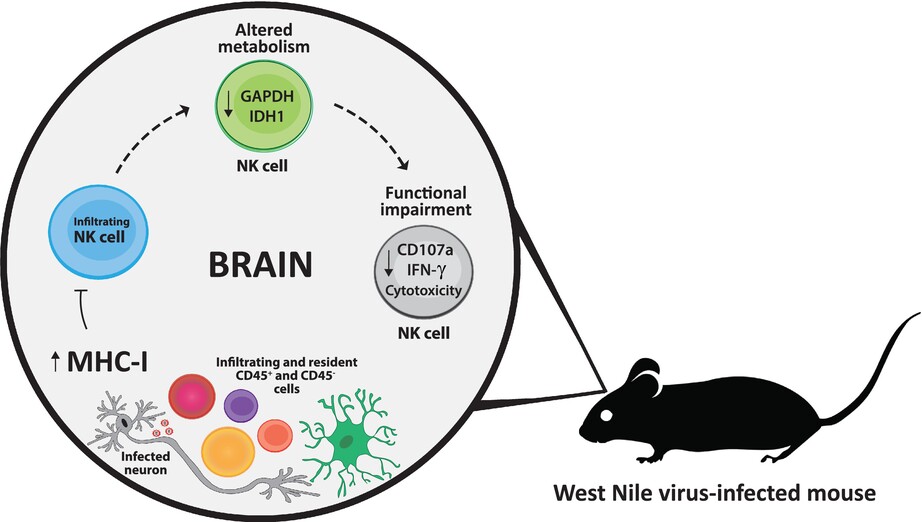
In this study, we demonstrate that NK cells show reduced cytokine production and degranulation in the West Nile virus-infected central nervous system. This corresponded with an upregulation of inhibitory NK cell molecule, MHC-I, in the brain and downregulation in metabolic pathways associated with NK cell cytotoxicity. Overall, this study identifies a likely link between MHC-I inhibition of NK cells and metabolic reduction of their cytotoxicity during infection.




